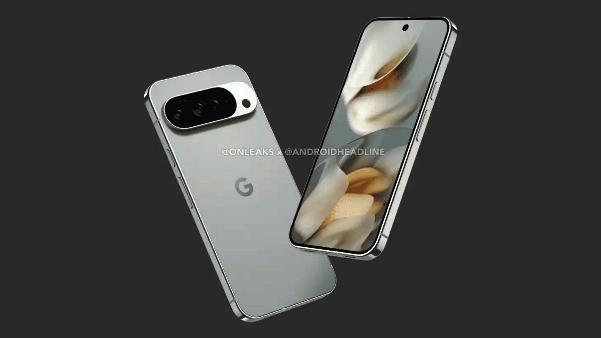Google’s Smartphone Market Share Stuck Below 5%
Despite dominating search, ads, and the Android ecosystem, Google continues to lag in the global smartphone market. Data from Jemlit.com reveals that as of 2025, Google Pixel devices hold less than 5% market share in all major markets.
RELATED: Google’s smartphones face loyalty issues: 57% of owners plan to switch to another brand
In comparison, Apple commands an average of 35%, while Samsung follows at 26%—making Google’s share seven times smaller than Apple’s and five times smaller than Samsung’s.
Stronger Performance in Japan and Canada
Statista data highlights that Google Pixel smartphones are most popular in Japan (10%) and Canada (7%). In the United States and United Kingdom, around 5% of smartphone users own a Pixel. Germany and India record roughly 4%, while Spain lags at 2%. These numbers underscore Google’s niche status, despite nine years in the smartphone business.
Pixel 10 Launch Brings Upgrades but Not Market Dominance
In 2025, Google launched its 10th generation Pixel smartphones—the Pixel 10, Pixel 10 Pro, and Pixel 10 Pro XL. These models feature the new Tensor G5 chip, Pixelsnap wireless charging, and AI-powered interfaces. While technologically advanced, analysts note that the devices are unlikely to shift Google’s position as a fringe player in the global smartphone market.
Loyalty Issues Undermine Growth
One of Google’s biggest hurdles is low user loyalty. A Statista survey of 10,000 U.S. smartphone users revealed that 57% of Pixel owners planned to switch to another brand, far higher than Apple and Samsung, whose dissatisfied customers are 25% fewer on average. This high churn rate threatens Google’s ability to grow its market share long-term.
Smartphones Not Core to Google’s Revenue Model
While poor smartphone sales reflect a weakness in Google’s hardware division, Alphabet’s reliance on smartphones is limited. In Q2 2025, the hardware division—including Pixel devices, Google Play, and YouTube subscriptions—contributed only 12% of Alphabet’s total revenue, unlike Apple, which depends heavily on iPhone sales.






























